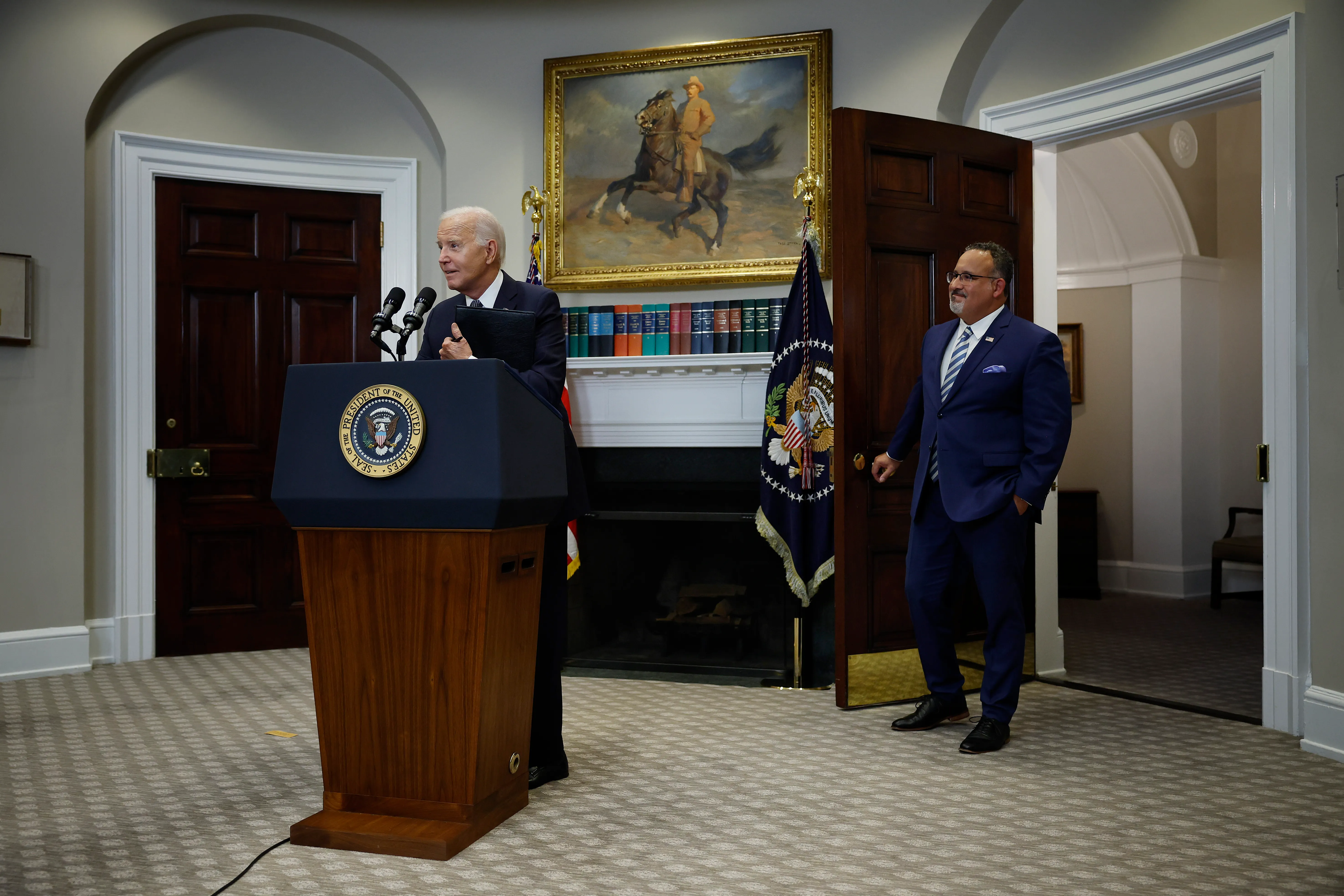Education Inequity Fuels Wealth Disparity
The economic landscape in the United States is marred by a staggering truth: the education gap significantly contributes to wealth inequality, costing American workers an estimated $1 trillion annually. According to the National Center for Education Statistics, the disparity in educational attainment correlates tightly with income levels. Workers with higher degrees earn substantially more than those without, perpetuating a cycle that disadvantages the very individuals who need economic empowerment the most.
Higher Education Equals Higher Earnings
Data from the Bureau of Labor Statistics shows that individuals with a bachelor"s degree earn 66% more than those with only a high school diploma. This gap in earnings underscores a critical issue: access to education is not equal across all demographics. Marginalized communities are disproportionately affected, facing barriers that prevent them from pursuing higher education, leading to lower earning potential and fewer opportunities for advancement.

Breaking Education, School & University News | USA Today
Effects of Student Debt on Economic Mobility
The burden of student debt further complicates this issue. As reported by the Federal Reserve, many graduates are entering the workforce shackled by significant debt, hindering their ability to invest in homes or retirements. This debt crisis not only stifles individual economic mobility but also stunts overall economic growth. With more than 44 million Americans owing a collective $1.7 trillion in student loans, the implications are dire.
Education Policy Must Address Inequality
For any meaningful reform to take place, education policy must prioritize equity. The evidence is clear: investing in education for underrepresented communities pays dividends. Studies indicate that every additional year of education can increase an individual"s income by 10%, as shown in research by Heckman (2022). Enacting policies that ensure equitable access to quality education, particularly in underserved areas, could bridge the income gap and stimulate economic growth.

HS&B:22 - Home
Progressive Taxation as a Solution
Implementing a progressive taxation system can help fund these necessary educational reforms. Increased taxation on the wealthiest individuals and corporations can provide the resources needed for educational investments that level the playing field. As the NCES data indicates, the returns on educational investment are substantial, benefiting not only individuals but society as a whole. Societies that prioritize education see lower crime rates, better health outcomes, and increased civic engagement.







![[Video] Gunfire between Iraqi security forces and Sadr militias in Baghdad](/_next/image?url=%2Fapi%2Fimage%2Fthumbnails%2Fthumbnail-1768343508874-4redb-thumbnail.jpg&w=3840&q=75)
